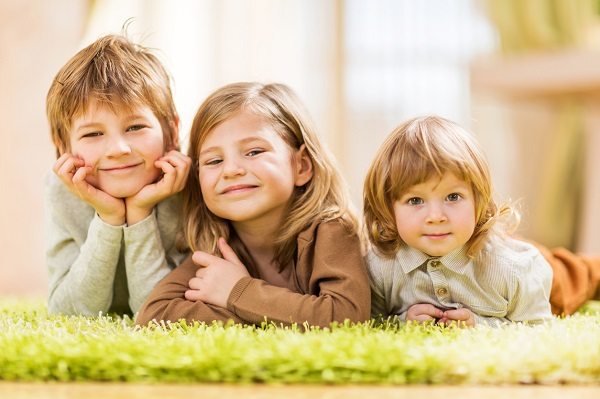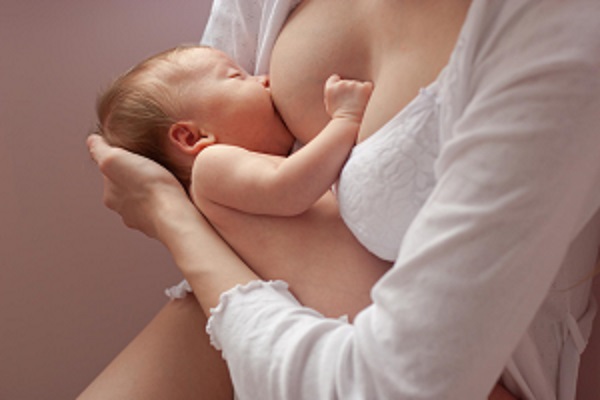We’ve all heard it – the older child is bossy, the youngest child is spoilt; basically where you are in relation to your siblings dictates your life and your personality. Complete balderdash and an insulting stereotype? Well, yes and no. Like all stereotypes there is a grain of truth to the theory, but as theories don’t take into account such factors as environment, wealth and inidividual family circumstances, it’s important not to place too much emphasis on them.
The birth order theory originated in the 1920s, and came courtesy of Alfred Adler, a colleague of Sigmund Freud. The theories were developed to help therapists understand personality traits according to social settings.
First-born children
According to Adler, the eldest child is prone to perfectionism, and tends to dominate social settings. They tend to be leaders and intellectual, and feel obliged to set an example for younger siblings and others around them.
Middle children
In an effort to catch up with their siblings and to win praise, second-born children may become more competitive and determined to be best. Middle children also tend to be diplomatic and flexible thanks to their position in the family.
Youngest children
Adler believed that youngest children tended to be more dependent and selfish thanks to the abundance of carers in their family. However, they also tend to be confident and fun-loving and great at entertaining others.
Only children
Adler believed that only children tend to have a hard time being told no, as they are used to having the sole attention of their parents. But only children also tended to be more mature, perform better in creative and intellectual tasks and feel more comfortable around adults.
Several studies since Adler have examined the effect of birth order on children and found similar common traits, but you must remember that these are really only generalisations. Such studies don’t take into account important social factors such as education, ethnicity and relationships within the family. Plus parent-child relationships and individual upbringing within the home are widely considered far more influential in shaping children’s lives.
What do you think? Can you see these birth order traits in your own children?









